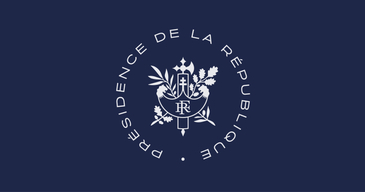David Trimble, the former First Minister of Northern Ireland, who worked to reconcile Republicans, who are mostly Catholic and supporters of Irish reunification, and Unionists, who are mostly Protestant and want Northern Ireland to remain within the United Kingdom, passed away on Monday.
He was born in Bangor, Northern Ireland, from the shores of which he could see Great Britain on clear days. Despite a humble background, he studied law at Queen’s University Belfast, where he became a lecturer. His convictions led him to join the unionist Ulster Vanguard party, which opposed the initial negotiation agreements in the 1970s and 1980s. His election as leader of the Ulster Unionist Party in 1995 thus seemed to suggest a hardline, intransigent approach.
But David Trimble surprised politicians on all sides with his ability to sit at the negotiating table, working as a mediator, and move towards reconciliation. Through dialogue and compromise, he worked tirelessly for both sides to lay down their arms. His handshakes with U2’s Bono, who sang “Sunday Bloody Sunday”, and with Catholic political leader John Hume at a concert for peace in Belfast were small gestures which helped change the course of history: a few months later, the Good Friday Agreement, signed on 10 April 1998, was endorsed in a referendum.
Having laid the foundations of the agreement, he helped it to be accepted by all the people of Northern Ireland. He worked on implementing it and making it a reality by leading the first power-sharing government which stemmed from it. The Nobel Peace Prize, which he shared with John Hume, was the highest possible recognition for his patient balancing act which brought an end to three decades of fratricidal, bloody conflict.
The President of the French Republic would like to pay tribute to an architect of peace, whose work is a source of inspiration in Europe and around the world. France extends its sincere condolences to the family of Lord Trimble.

